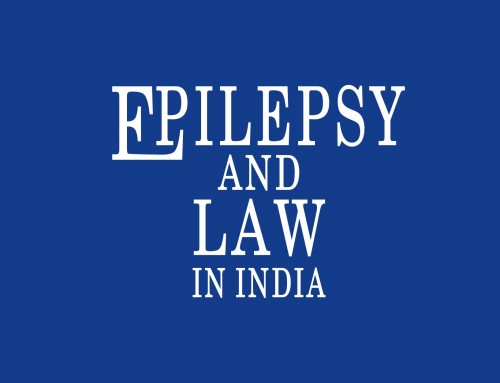What is Epilepsy?
Epilepsy is a medical condition that produces seizures affecting a variety of mental and physical functions. It is also called a seizure disorder. When a person has two or more seizures, they are considered to have epilepsy.
A seizure happens when a brief, strong surge of electrical activity affects part or all of the brain. One in 10 adults will have a seizure sometime during their life. Seizures can last from a few seconds to a few minutes. They can have many symptoms, from convulsions and loss of consciousness to some that are not always recognized as seizures by the person experiencing them or by health care professionals: blank staring, lip smacking, or jerking movements of arms and legs.
Types of Seizures
There are many different types of seizures. People may experience just one type or more than one. The kind of seizure a person has depends on which part and how much of the brain is affected by the electrical disturbance that produces seizures. Experts divide seizures into generalized seizures (absence, atonic, tonic-clonic, myoclonic), partial (simple and complex) seizures, nonepileptic seizures and status epilepticus.
Causes of Epilepsy
Seizures are symptoms of abnormal brain function. With the exception of very young children and the elderly, the cause of the abnormal brain function is usually not identifiable. In about seven out of ten people with epilepsy, no cause can be found. Among the rest, the cause may be any one of a number of things that can make a difference in the way the brain works. Head injuries or lack of oxygen during birth may damage the delicate electrical system in the brain. Other causes include brain tumours, genetic conditions (such as tuberous sclerosis), lead poisoning, problems in development of the brain before birth, and infections like meningitis or encephalitis. Some types of epilepsy can be inherited. Parents with a history of generalised absence seizures are more likely to have children with the same condition than those with other generalised seizures.




